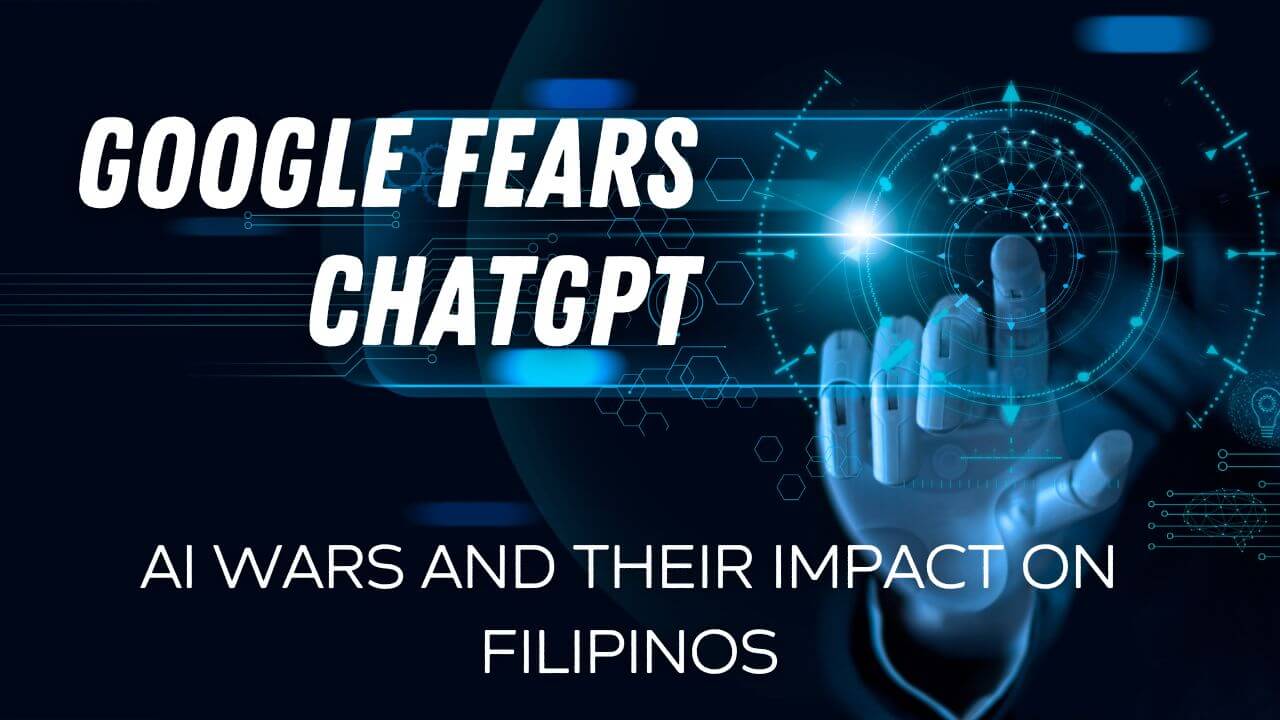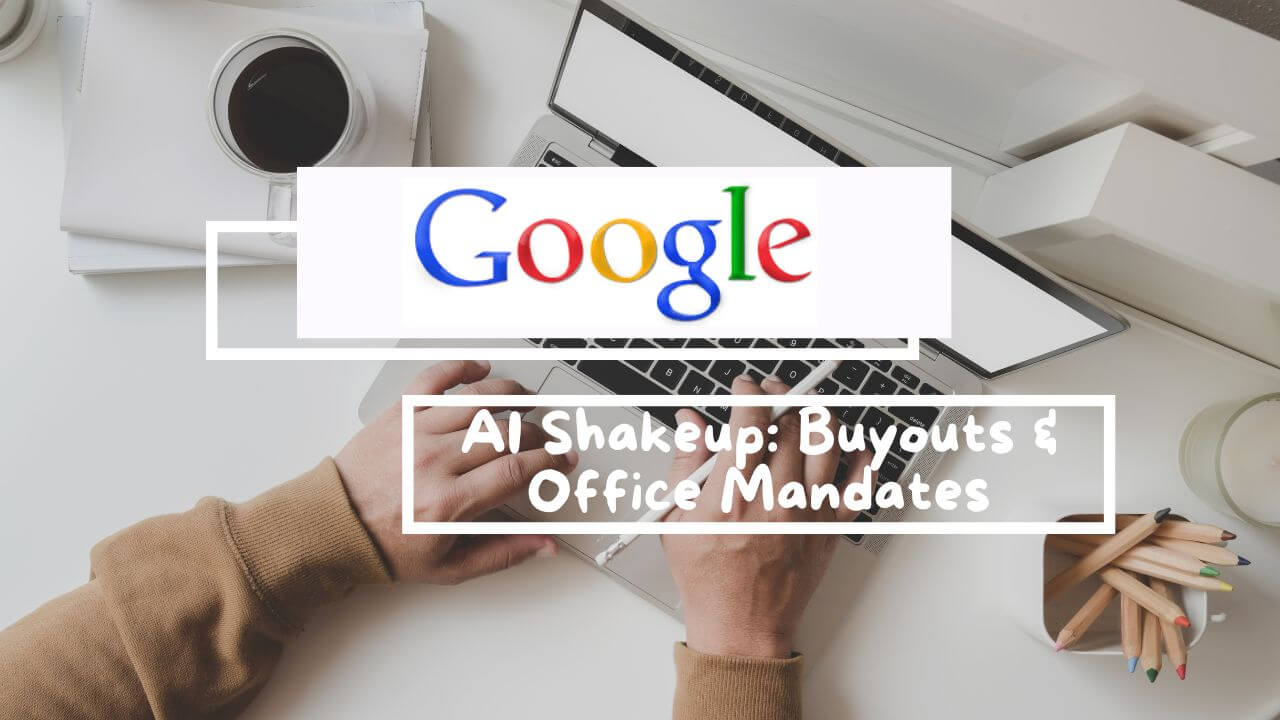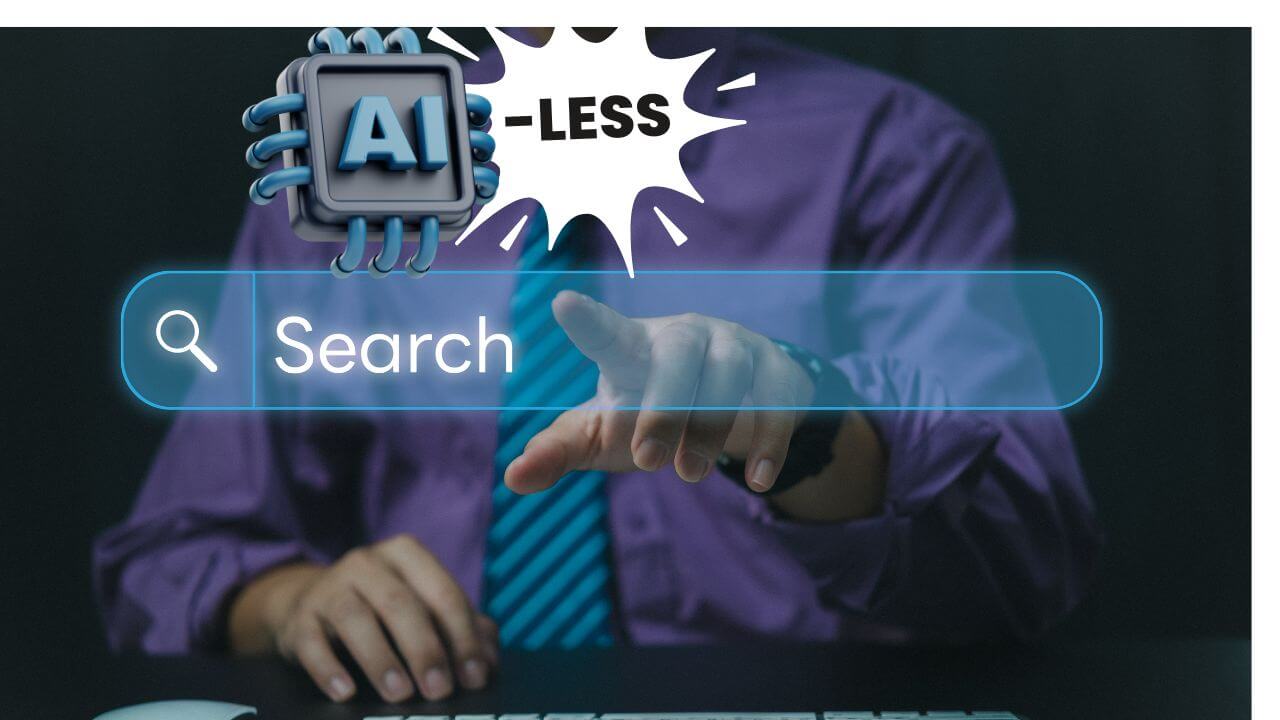Why Filipino Users Are Rethinking How They Find, Learn, and Build
🧠 The Way We Used to Search
For decades, Google was the gateway to knowledge. You typed a question. It gave you links. You clicked, skimmed, compared, and decided.
But now, something’s changing. You ask ChatGPT—and it answers. No links. No ads. No rabbit holes. Just a direct, synthesized reply.
So the question is: Is AI the new search engine?
🔍 Search Engines: The Loop That Never Ends
We were taught:
“Search and you shall find.” But in reality, it often feels more like: “Find—and you shall search again.”
Here’s the problem with traditional search engines:
- You don’t get answers—you get options
- You don’t get clarity—you get clutter
- You don’t get truth—you get SEO-optimized noise
You search for “PhilHealth reforms” and get:
- A paid ad from a private clinic
- A 2019 blog post with broken links
- A government PDF that’s 47 pages long
- A Reddit thread arguing about conspiracy theories
So you search again. And again. Until you forget what you were even looking for.
🤖 What AI Does Differently
AI flips the model. You ask—and it answers. You clarify—and it adapts. You push—and it deepens.
Advantages of AI over traditional search:
- 🧠 Synthesis over scatter: AI reads multiple sources and gives you one coherent answer
- 🗣️ Conversational clarity: You can ask follow-ups, simplify, or reframe instantly
- 🧰 Tool-like behavior: AI doesn’t just find—it builds, compares, translates, and drafts
- 🧒 Youth-friendly: You can ask “Explain like I’m 12” and actually get it
⚠️ But AI Isn’t Perfect
Let’s be real—AI has its own risks:
- ❌ Hallucinations: It can make up facts if not prompted precisely
- ❌ Lack of citations: You often need to ask explicitly for sources
- ❌ Bias and gaps: AI reflects the data it was trained on—if the data’s flawed, so is the answer
- ❌ No real-time updates: Most models aren’t live-searching the web (yet)
So while AI is powerful, it’s not a replacement for critical thinking. It’s a thinking partner, not a truth machine.
🧒 Too Cryptic? Explain Like I’m 12
Imagine Google is a giant library. You ask a question, and it gives you a list of books. You have to read them all to find the answer.
Now imagine AI is a smart friend. You ask the same question, and they read the books for you—then explain the answer in one sentence.
That’s the difference.
🇵🇭 Why This Matters for Filipino Users
Whether you’re a student, micro-entrepreneur, or NGO worker:
- You can learn faster with AI than with Google
- You can build content that AI tools amplify
- You can bypass ad-heavy, clickbait search results
- You can teach others how to ask better questions—not just search for better keywords
This isn’t just a tech shift. It’s a mindset upgrade.
🧠 Final Thought: Search Is Becoming Strategy
Google gave us access. AI gives us agency.
The future isn’t about finding links. It’s about building systems, asking sharper questions, and using AI to think—not just search.
📌 Postscript: When All Is Said and Done—Does E-E-A-T Still Matter?
Yes. More than ever.
In the AI era, Google’s E-E-A-T (Experience, Expertise, Authoritativeness, Trustworthiness) isn’t just a ranking framework—it’s a credibility filter. AI Overviews now summarize answers directly in search results, pulling from sources that signal trust, clarity, and real-world insight.
If your content isn’t built for retrievability, modularity, and authority, it won’t be quoted, seen, or remembered. And if it lacks human depth, it won’t survive the AI summarizer’s cut.
So while AI may change how we search, E-E-A-T still decides who gets found.
Here’s why:
🔍 In Google Search
Google’s E-E-A-T (Experience, Expertise, Authoritativeness, Trustworthiness) remains central to its Search Quality Rater Guidelines. It’s not a direct ranking factor, but it heavily influences how Google trains its algorithms to prioritize credible, helpful content—especially for “Your Money or Your Life” topics like health, finance, and public policy.
🤖 In AI Overviews and Generative Tools
AI tools like ChatGPT, Gemini, and even Google’s own AI Overviews increasingly pull from sources that demonstrate E-E-A-T. That means:
- Experience: First-hand, lived insight—not just recycled info
- Expertise: Clear, accurate, and well-framed knowledge
- Authoritativeness: Recognized voices, cited sources, and consistent quality
- Trustworthiness: Transparent, ethical, and purpose-driven content
Even AI-generated content must be shaped by human insight to meet these standards. Otherwise, it risks being flagged as low-quality or spammy.
🧠 Bottom Line
AI may change how we search. But E-E-A-T still decides what gets surfaced, who gets quoted, and which voices shape public knowledge.
🔗 Read more: Google E-E-A-T in the AI Era: Filipino Expertise in a Machine-Led World







